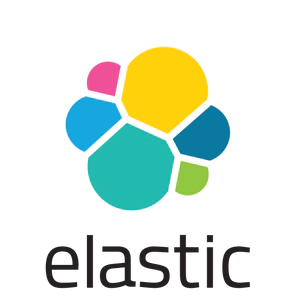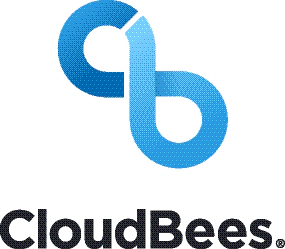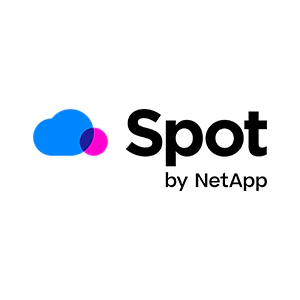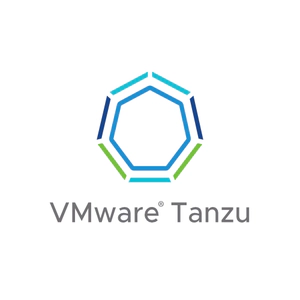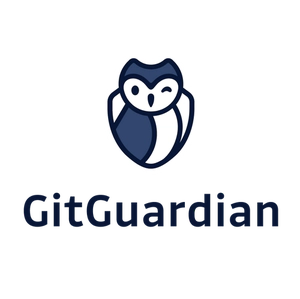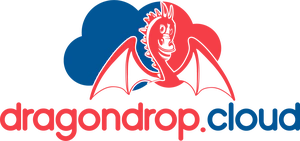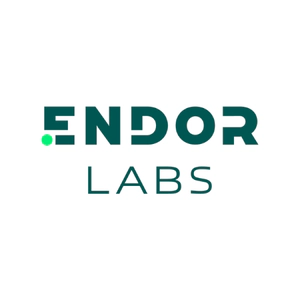Platform Health: A team model of platform evolution for startups
Platform teams are indeed rising. When we talk about such teams it is often in the context of larger organizations. But how might a platform team evolve in the context of a fast growing startup?
In this talk I will discuss how Jellyfish is thinking about the health and evolution of our own platform in the face of growth.
Our team model balances the demands of the following disparate areas:
- 🚀 Platform Scalability
- ⚖️ Platform Reliability
- 🏎️ Developer Velocity
- 💸 Cost Efficiency
This is a huge area to cover. We’ll look at a few critical elements of our team’s success:
- DIY product management: We must balance the needs of multiple stakeholders and competing goals in a collaborative environment. We do not have a “professional” PM on our team, so the whole team must carry the load.
- High empathy, high versatility engineers: From one quarter (or sprint) to the next we may move from working deep in our database architecture to crafting a CI/CD rollback process to introducing a new observability platform to the org. We need high EQ developers who can learn and operate quickly with unfamiliar technologies and disparate stakeholders.
- Use the right metrics appropriately : It is critical to use the right metrics, in a way that focuses the team but never to the detriment of broader business goals.
- Communication is key: We push down business context and autonomy to the team while effectively communicating out to the org.
Along the way we’ve learned some great lessons about getting buy-in, the sunk cost fallacy and how to incentivize developers to respond to a survey (hint: bribing with swag did not work).
Speaker

Jeff Brainerd
Jeff has worked in the software industry for over 20 years in Boston and Silicon Valley as an IC and leader, including stints at Silicon Graphics, Ab Initio and CloudHealth By VMware. His technical ...
